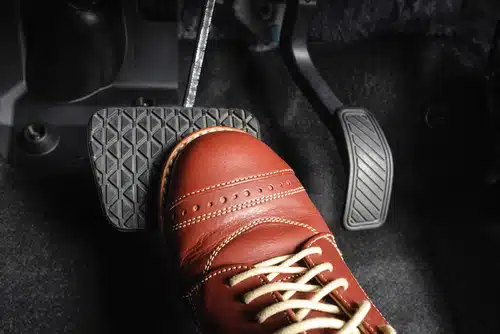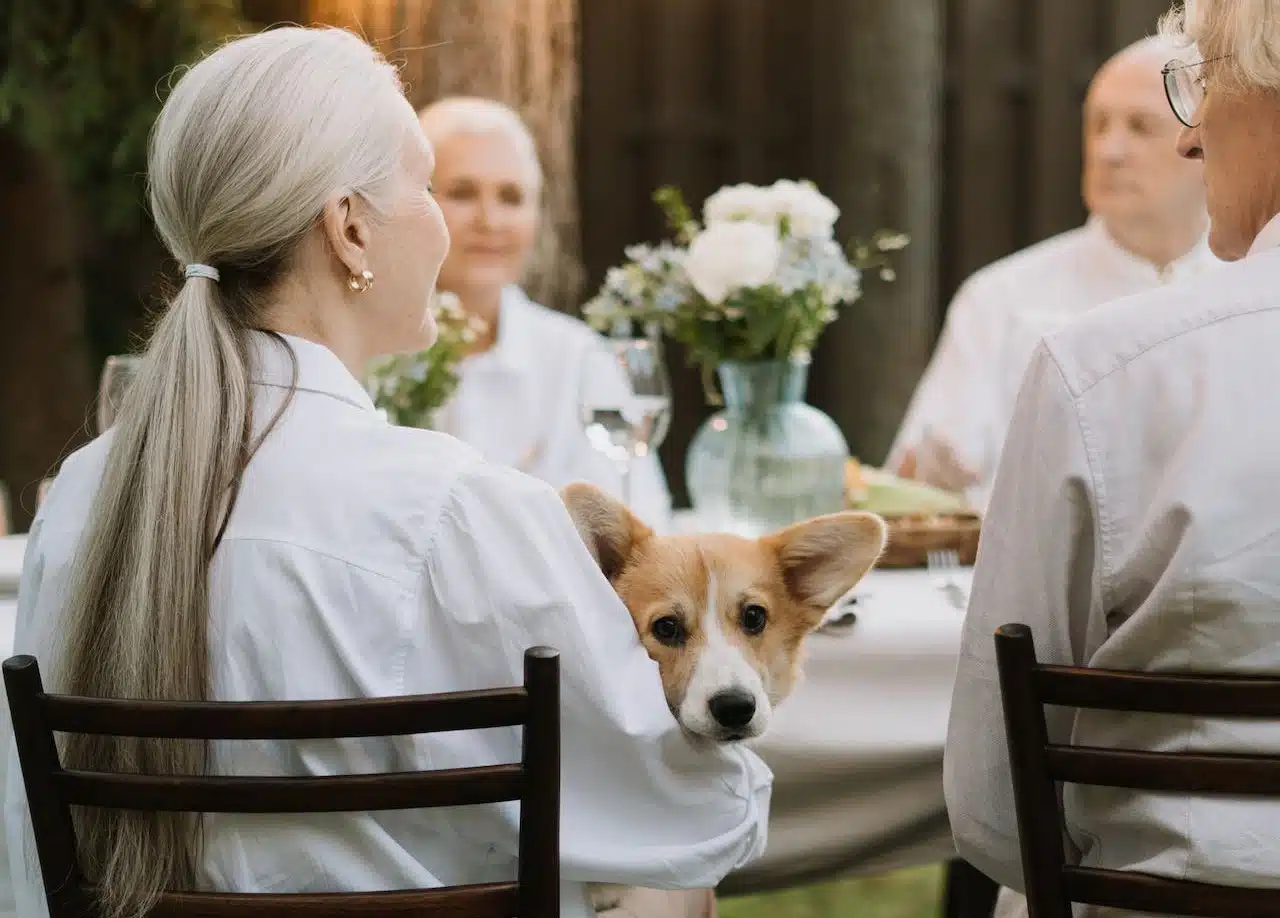Home » Blog » Pet » Pet Health & Safety » 6 Steps To Finding An Ethical Dog Breeder
Categories
Tags
animal welfare
breed profile
buying a car
buying a pet
Car
car accessories
car care
car features
car insurance
Car safety
car sales
car service
cat
cat behaviour
cat body language
Cat Breeds
cat food
cat insurance
comprehensive car insurance
Dog
Dog Behaviour
dog body language
Dog Breeds
dog food
Dog Insurance
dog training
eco friendly cars
Kitten
New Car
pet accessories
pet activities
Pet Adoption
pet breeders
pet days of the year
pet fun stuff
Pet Health
pet insurance
pet parenting
Pet Safety
pet services
Puppy
rescue pets
road safety
road trip
safe driving
Recent Blog:
Facebook Posts
1 day ago
Growing old sometimes means we can’t take care of pets anymore. Find out some advice on what to do when this happens:![]()
![]() Senior Pet Parents – Contingency Plans for Your Pet – bit.ly/44bzwkS
... See MoreSee Less
Senior Pet Parents – Contingency Plans for Your Pet – bit.ly/44bzwkS
... See MoreSee Less
Senior Pet Parents' Contingency Plans for Pets
www.pd.com.au
Sometimes senior pet parents need more downtime. For older pet owners, this can be tricky to navigate if their dog or cat is full of beans and wants to3 days ago
Before you rev up the engine, let’s run through a checklist of things to do before starting your car. Not only do these steps ensure your safety (and that of others around you), but they also help in maintaining your vehicle's longevity.![]()
![]() Driving Tips: Your Checklist Before Starting Your Car -
... See MoreSee Less
Driving Tips: Your Checklist Before Starting Your Car -
... See MoreSee Less
Driving Tips: Your Checklist Before Starting Your Car
www.pd.com.au
Heading out for a drive? Hold up a second! Whether you're dashing off to work, running errands, or embarking on a road trip adventure, there are a few1 week ago
Are intestinal worms setting up camp in your dog’s gut without paying rent? Here’s how to spot the main culprits and get rid of them too:![]()
![]() Preventing, Identifying and Treating Intestinal Worms in Dogs - bit.ly/43YjCKu
... See MoreSee Less
Preventing, Identifying and Treating Intestinal Worms in Dogs - bit.ly/43YjCKu
... See MoreSee Less
Preventing, Identifying and Treating Intestinal Worms in Dogs
www.pd.com.au
Intestinal worms, such as roundworms in dogs are one of the least glamorous topics on the planet. These intestinal parasites that basically use our dogsFinding an ethical dog breeder can be a minefield. That’s not because they’re scarce – on the contrary, Australia has no shortage of professional and caring breeders who are committed to ethical pet breeding.
The real problem lies with the less scrupulous breeders. Unfortunately, the increase in these “backyard breeders” and their increasingly smart marketing tactics means it’s getting harder to tell who’s the real deal.
If you’re surprised to hear puppy scams and puppy mills exist in Australia, it’s time to learn how to separate the good from bad when it comes to choosing a breeder. After all, any prospective puppy parent wants to get their puppy from an ethical dog breeder.
Not only will you support good, morally positive business practice, but you’re also less likely to end up with a puppy who suffers from a host of health issues. Like this poor pup.
Table of contents

How to find an ethical dog breeder
Puppy prices soared during the pandemic, along with the prevalence of puppy scammers. This remains the case today. Prices have become so high, in fact, that some sellers are asking as much as $10,000 for a puppy.
This demand for puppies and the astonishingly high prices has, of course, meant that the industry has been taken advantage of by scammers. Puppy theft syndicates and unethical breeders spot the demand for a canine bestie, and will do anything to get that cash in their hands.
This can mean stealing a puppy, scamming you out of your hard-earned money and leaving you high and dry with no dog, or setting up unregistered and unethical breeding mills.
But the power is in our hands. Responsible pet parents (and future pet parents) can help eliminate this problem. You just have to be careful. The best way to stop this is by learning how to identify ethical pet breeding and avoid scams and mills. And then sharing this newfound knowledge with other people.
So, some things to keep in mind when you’re looking at puppies for sale from a dog breeder…
1. Don’t buy from online dog breeders
Online shopping has undoubtedly made things easier. Groceries, clothes, medicine, and even electronics are all things you can easily buy online.
One thing you definitely shouldn’t buy online is a puppy, whether it’s a purebred Basset Hound or a bitzer. While it’s quite easy to do nowadays, puppies aren’t a “product” you should purchase sight unseen. A dog is a long term companion, so don’t rush the process.

Visit in person
The only way to know if a puppy is right for you (and that you’re buying from someone reputable) is to visit in person. Visit the puppy a few times, ideally at different times of day. This gives you the best chance of seeing through a scam and allows you to check the (hopefully) ethical pet breeding conditions the dogs and parents live in.
Check the checks
Classifieds sites and social media ads rely on the buyers to exercise caution and discretion when buying. They don’t usually have any checks in place to make sure sellers are legitimate. So while it might be worth taking a gamble on a secondhand table, it’s not worth it for a puppy.
Also know that ethical dog breeders are selective about homes, how many litters they breed, and how they raise their pups. That’s why there’s often waiting lists.
So, avoid the mail order puppy.
2. Find a registered dog breeder and get papers
Your first step should always be to choose a dog breeder who’s registered with the Australian National Kennel Council (ANKC). Remember though, the ANKC doesn’t recognise some breeds. Like the Cavoodle, for instance. In these cases, there will normally be a breed association who have a list of recommended breeders.
You can also ask other trusted sources within your network. Enquire about good breeders with your vet, local puppy schools, and with local dog clubs.
If you’re buying a pedigreed dog, the dog papers should come at no additional cost. They’re proof of your dog’s parentage.
Read how to tell if a dog is purebred so you know what to look for.

3. Ask questions about ethical pet breeding (and expect them in return)
You should always ask about the puppy, the pregnancy, the parents’ temperaments and so on. This helps you “get a feel” for the breeder, delve into what they’re talking about, and check they’re invested in their breeding program.
A good dog breeder will have plenty of questions for you too. They want their puppies to go to the best homes and will check whether you’re a suitable pet parent. That’s a big part of ethical pet breeding.
4. Ask for health reports
Ethical dog breeders will have vets do regular checks on their dogs, so you’re well within your rights to ask for the latest vet report.
Remember, pedigreed dogs are sometimes prone to breed-specific health problems or ailments. Read our articles on the pros and cons of purebred dogs for more about that.
And if your heart is set on a specific breed, thoroughly research it beforehand. That way you can find out if the required health testing and checks have been conducted. These can include any or all of the below and more:
- Dog DNA tests
- Eye and vision tests
- Hearing tests
- Hip scoring
- Elbow grading
- Thyroid function tests
- Heart testing
You can also ask the breeder about previous litters and their health problems, if any, as well as the health of the parents.

5. Meet the parents to determine ethical pet breeding
Treat it like any other relationship – you’ve got to meet the family before you commit!
In all seriousness, we’re not being paranoid. Puppy theft is on the rise in Australia. Meeting your puppy’s parents will reassure you that the pup isn’t stolen.
Plus it gives you a chance to see whether your dog’s parents are healthy, happy, and well-adjusted. Puppy mills may keep breeding dogs chained/in cages, only releasing them to put on a show for potential buyers. Take note of whether the parent dogs show signs of discomfort, distrust or fear (read: is a dog afraid?).
And assuming everything is above board, meeting the parents also means you get an idea of what your dog might be like in future. You’ll have a better indication of their size, temperament, and looks if you get to meet their parents.
6. Consider a shelter instead of a dog breeder
If you’re not too fussed on breed, your perfect match could be waiting in a local shelter. And by bringing home an adopted dog you know you’re giving a needy pup a home.
Even if you’re set on a purebred dog that comes from ethical pet breeding, you may be able to find them through breed-specific rescue organisations. Sometimes, owners fall on hard times or end up surrendering dogs for other reasons.
Pet insurance for all kinds of dogs
If you’re bringing home a dog, whether through a shelter or dog breeder, know our online dog insurance comes in three affordable options. Not only that, we offer new customers one or more months free depending on the age of your pet, and no lock in contracts!
And if you have more than one pet, you might be eligible for the PD Insurance multiple pet insurance discount.
Share On:




